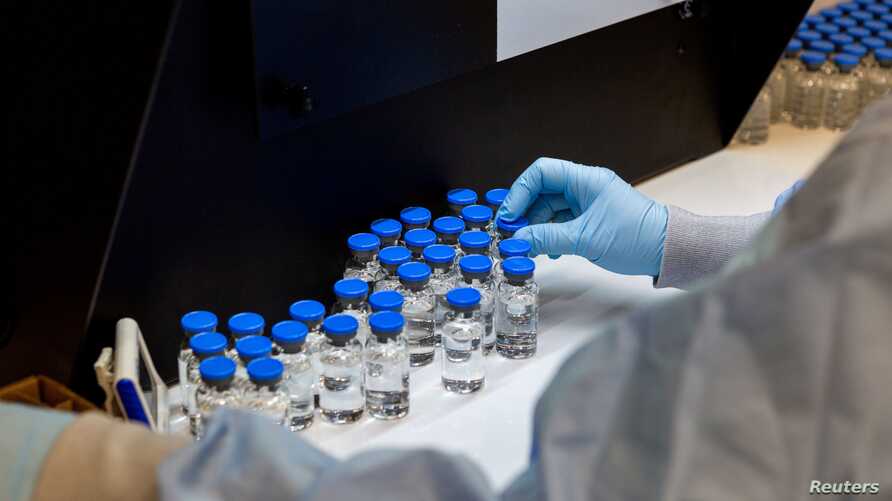An experimental drug has proved effective against the new coronavirus in a major study, shortening the time it takes for patients to recover by four days on average, U.S. government and company officials announced Wednesday.
White House health advisor and top US infectious diseases expert, Dr Anthony Fauci has revealed that data collected from the Coronavirus drug trial testing with the antiviral drug Remdesivir showed ‘quite good news’ and has set a new standard of care for COVID-19 patients.
According to the study led by the US National Institute of Health, the drug shortens the time it takes for patients to recover by four days on average, and it is the first drug treatment to pass such a strict test against the virus.
Remdesivir, produced by Gilead Sciences was tested in 1,063 hospitalized Coronavirus patients around the world and according to Dr. Anthony Fauci, the drug reduced the time it takes patients to recover by 31%, 11 days on average versus 15 days for those just given usual care.
Fauci also said the drug led to fewer deaths among Covid-19 patients.
“What it has proven is that a drug can block this virus,” Fauci said Wednesday night. “This will be the standard of care.”
Covid-19 has killed close to 300,000 people since it emerged late last year in China and a treatment that works against it could greatly slow down the death rate.
A statement from the US Food and Drug Administration says that the agency has been talking with California-based Gilead “regarding making remdesivir available to patients as quickly as possible, as appropriate.”
“We are excited and optimistic,” said one expert, Vanderbilt University’s Dr. Mark Denison whose laboratory first tested remdesivir against other coronaviruses in 2013 .
“It’s active against every coronavirus that we’ve ever tested,” he said. “It was very hard for the virus to develop resistance to remdesivir. That means the drug would likely be effective over longer term use.”
The company producing the drugs have revealed that it would publish it’s results and findings in a medical journal soon.
